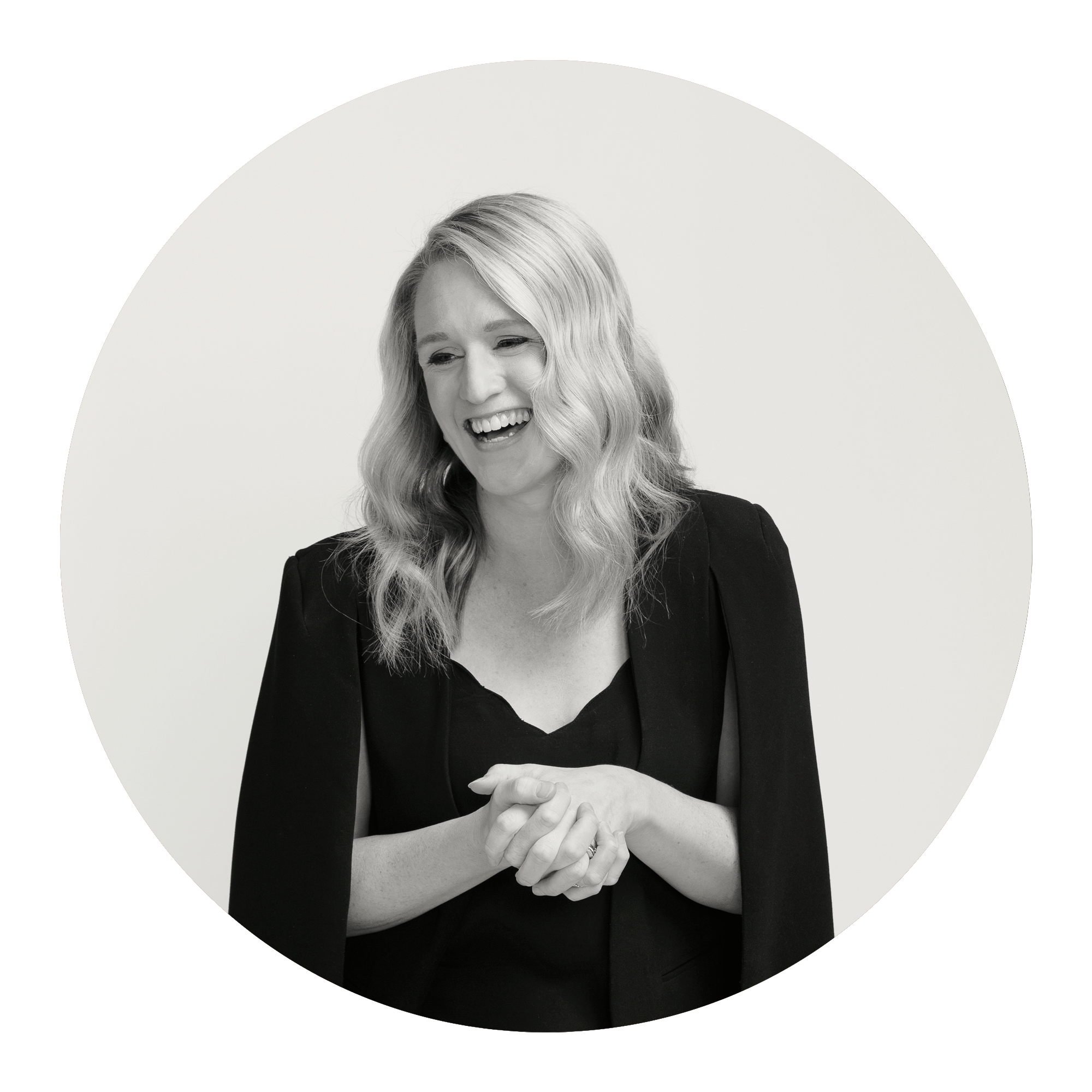Tailored recovery programmes for people struggling with body image and eating disorders
Embracing Recovery: Individual & Collective Support
-
Eating disorders are mental illnesses that affect individuals mentally, emotionally, physically, and socially. There are various types of eating disorders classified in the DSM, including anorexia, bulimia, binge eating disorder, and ARFID.
Not everyone meets the criteria for an eating disorder diagnosis, but that doesn't mean they aren't struggling or unwell.
Personally, I view it this way: if there are negative thoughts and emotions surrounding food, along with rituals or rules, and if it interferes with life, then it's crucial to seek help. Living with these challenges isn't true freedom, and the journey towards freedom doesn't have to be done alone.
-
Body image is something most people struggle with, but it becomes a problem when it becomes a main focus in life and life-interfering.
Many people have occasional thoughts about their bodies and will make negative comments, but when those thoughts become all-consuming, followed by awful emotions, it is time to get some support in learning to accept and value your body.
We do not have to live at war with our bodies. Often, body image stems from a negative thought which may have come from a comment someone made, something you perceived, something you have heard or seen in the media, and many more places.
Then our mind goes looking for evidence to support this thought, and it creates a belief about our body which can be followed by awful emotions, which is why so many people end up punishing their bodies to try and fix the feelings and thoughts.
A lot of people with eating disorders struggle with body image, but what they see and physically feel is distorted. We can all have healthy relationships with our bodies, which allows us to get the best out of life.
-
Coaching is extremely powerful. The power of lived experience helps people make sense of their own journey while finding hope for themselves in someone else's freedom.
Coaching is also based on attachment theory, where a safe and secure relationship is created, and in the context of this relationship, it helps people try new things and fight their eating disorder.
Coaching at Redefined is based on Hope; we believe that there is hope for everyone.
Encouragement is powerful; we believe in the power of putting courage into people for the battle.
Reassurance is key; where our voice gets to become louder than the eating disorders.
There is something comforting about having someone to do the journey with and to rely on them for support, as well as being equipped with tools and accountability. Coaching is about the 'how' in recovery, so we get to help people outwork their recovery.
Meet the Team









